XRugby
What is XRugby?
- An adapted format of the game played on a half pitch with reduced intensity contact
- Designed to introduce new players to the game and retain those at risk of dropping out
- Seven-a-side, easy to organise and offering fun and fitness
Why XRugby?
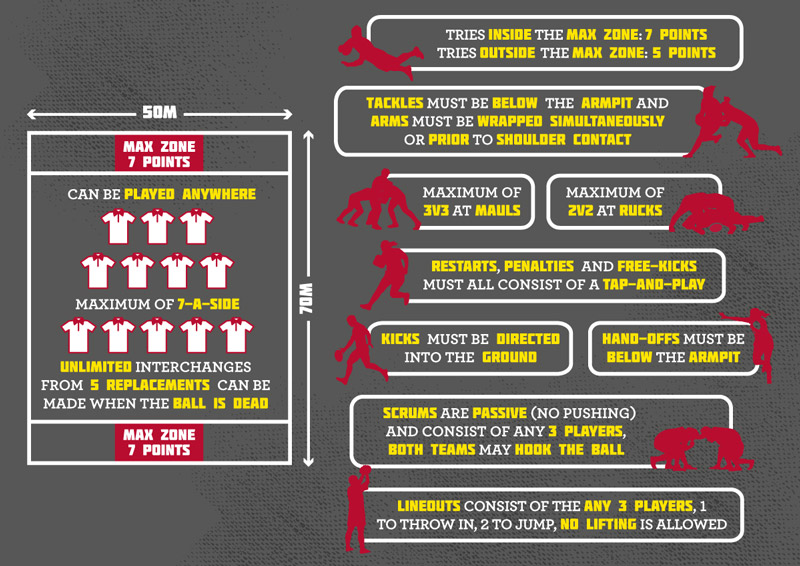
- Tier one unions all recognise a need to expand ways to grow the game
- New rugby players from tier one unions showed strong interest in contact but with a desire for reduced intensity from the existing game formats
- Research found 48% of interested rugby participants requested a form of the game with reduced format, shorter game length and which was fast-paced, fun and with social, health and fitness benefits
- Research showed flexibility as a key desirable, with a need for the game to fit in with people’s increasingly busy lifestyles
- Increasing the opportunities to play sevens, building on the increased popularity of the game through the Olympics, Commonwealth Games and HSBC World Sevens Series
Laws of XRugby
The game format is flexible. XRugby was designed as a seven a side variation but it can be further modified and played with fewer or greater numbers.
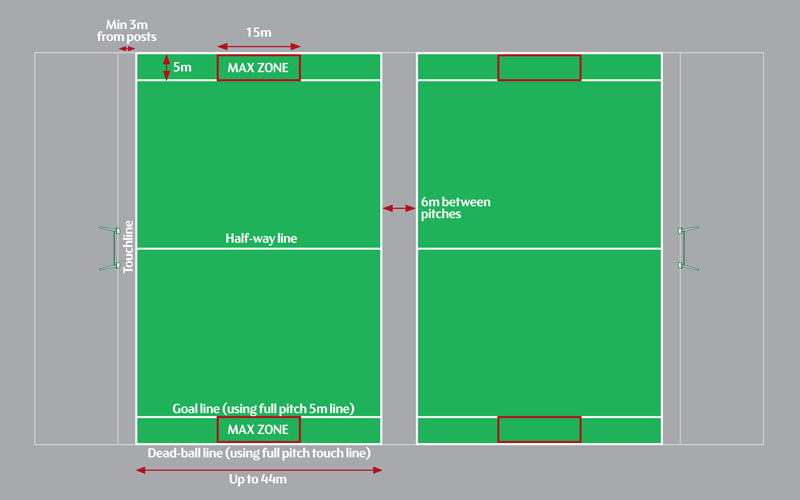
XRugby pitch markings can be created with cones or painted lines.
| Law area | Law variations |
|---|---|
| The ground | The dimensions of the playing area are shown in the ground diagram. Where two games are played side-by-side, (e.g. cross pitch on a full-size pitch) a minimum space of six metres must be created between the two pitches. On a full-size pitch, the in-goal areas are between the full-pitch touchlines and full-pitch 5-metre lines. The touchline nearest the goal posts must be at least 3m away from the posts. |
| Scoring | A try results in a 5-point score unless it is scored in the “Max Zone” – a 15-metre-wide space in the centre of the in-goal area. Scoring within this zone results in a 7-point score. There are no conversions in XRugby. |
| Team | Each team has no more than seven players in the playing area during play. A team may nominate up to five replacements. A team may replace any number of players during a match at any time. Players entering the field of play must do so at the half-way line after the replaced player has left the field of play. |
| Tackle | The tackler must grasp the ball carrier below the armpits, on the shirt, shorts or around the legs. The grasp must be simultaneous with, or prior to, shoulder contact. A player must not tackle, or attempt to tackle, an opponent above the line of the armpit, even if the tackle starts below the line of the armpit. When a tackle is made, two offside lines are created, parallel to the goal lines, one for each team. Each offside line runs through the hindmost body part of the player(s) on the ground. A player from either team not involved in the tackle may play the ball only by entering from behind the hindmost body part of the player(s) on the ground. This player can only be tackled when the ball is lifted from the ground and they have made a move to step, run, pass or kick the ball. The offside line remains until the ball is lifted from the ground by an arriving player. |
| Hand-off | A hand-off must be a push action below the line of the arm pit. |
| Ruck | A ruck comprises a maximum of two players from each team. |
| Maul | A maul comprises a maximum of three players from each team. |
| Scrum | A scrum is formed by any three players from each team. Neither team is allowed to push from the mark, but the scrum is contested in that both teams can hook the ball and thereby win possession in the scrum. No player is permitted to go past the midpoint of the scrum, where the front rows come together, until the ball is lifted by the scrum half of the team which gains possession of the ball. |
| Lineout | A lineout is formed by any three players from each team. Two players take positions in the lineout, all behind a 5-metre mark indicated by the referee. The third player from the throwing team will throw the ball in, with the third player from the opposing team being within five metres of the touchline. No lifting is allowed. |
| Kicking | Kicking is only allowed in open play, from the hands and the ball must be kicked into the ground (in the style of a grubber kick). The sanction for any other type of kick is a tap and play at the place of infringement. If, from a grubber kick, the ball goes into touch before touching the ground, a tap and play is awarded to the non-offending team at the place from which the kick was made. If, from a grubber kick, a defender touches down in in-goal, or if the ball goes dead, play is restarted with a tap and play from the 15m line. |
| Penalty and free-kick | Any penalty offences result in a tap and play. The team awarded a penalty can choose to take a quick tap and play from the place of the infringement or wait for the referee to take the offending team back ten metres, or to their try line if the offence occurrred within 10m of it. Any free-kick offences result in a tap and play. |
| Starts and restarts | A team kicks off with a tap and play which must be taken at or behind the centre of the half way line. Restart following a score takes place on the referee’s signal and is a tap and play by the non-scoring team. |
| Foul play | Any player issued with a yellow card leaves the field of play until the next try is scored. |
Implementation
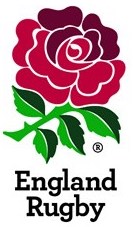
England Rugby
Seven weeks to XRugby Sevens - Progressive pitch up and play sessions teaching players the fundamentals of the game
XRugby Sevens central leagues - Groups of individuals forming teams to compete in regular refereed league fixtures
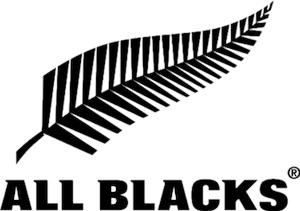
New Zealand
Delivered through Provincial Unions
Times to non-traditional participants who are new to rugby - focus on school girls and Indian/East Asian communities
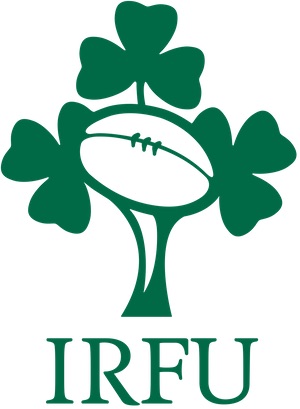
Ireland
Targeting lapsed adult male players with a focus on age grade players who didn’t transition to contact rugby
Developing opportunities for third level students and school girls
Introduction game for a late entry into youth/schools from other sports
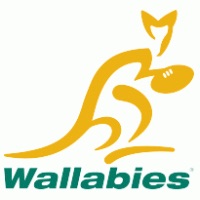
Australia
Primary and secondary school participants as a transition into contact rugby
Early 20s players who are lapsed from the game and looking for social sport playing opportunities